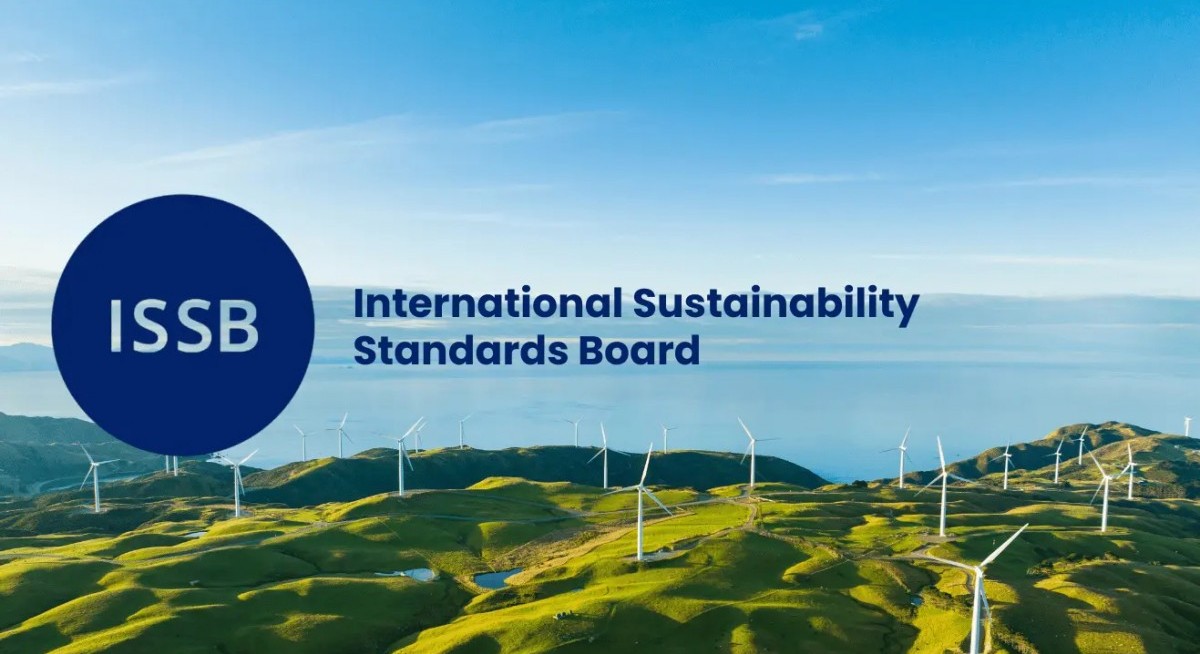As jurisdictions introduce sustainability-related disclosure requirements, there is a need to address “potential fragmentation”, says the ISSB in an Oct 30 press release.
The introduction of “passporting” provisions, so that jurisdictions accept reports while “accommodating jurisdiction-specific conditions as needed” will help lower costs for preparers and reduce friction in the system, says the ISSB.
The expansion of the ISSB’s new Jurisdictional Adopters Working Group responds to the growing number of jurisdictions planning to use the ISSB Standards and the need for a mechanism to help stakeholders discuss global passporting arrangements.
Speaking to delegates from over 45 jurisdictions, Faber says the ISSB Standards “are being firmly established as the global baseline”, covering around 40% of global capital markets. “We are committed to maximising the benefits [the] ISSB Standards offer.”
Singapore is among the list of jurisdictions adopting the ISSB Standards, which were issued in June 2023 to create a common language for disclosing the effect of climate-related risks and opportunities on a company’s prospects.
Singapore Exchange Regulation (SGX RegCo) announced in September 2024 that it would begin incorporating the ISSB Standards into its sustainability reporting regime.
See also: Corporate governance advocate Mak Yuen Teen launches new body to raise board standards
Less than a year later, Singapore’s bourse regulator and the Accounting and Corporate Regulatory Authority (Acra) announced a five-year delay for small- and mid-cap Singapore-listed companies to report full climate disclosures.
Prior to the extension, announced on Aug 25, all listed companies had been expected to adhere to the ISSB Standards from their current FY2025 starting on or after Jan 1.
SGX RegCo’s update splits the local listco universe into three groups: Straits Times Index (STI) constituents, non-STI constituents with a market capitalisation of $1 billion and above, and non-STI constituents with a market cap below $1 billion.
Listcos in the latter group now have until FY2030 to issue full climate disclosures, and Scope 3 emissions reporting will be voluntary until further notice. This refers to emissions arising from the company’s upstream and downstream value chain.
Meanwhile, there is no change to the climate reporting deadline for STI constituents — Singapore’s 30 largest listcos by market cap; they must report their Scope 1 and 2 emissions and “other” ISSB-aligned climate-related disclosures from FY2025, followed by their Scope 3 emissions from FY2026.
Scope 1 and 2 emissions reporting remains mandatory for all listed companies from FY2025. Scope 1 refers to direct emissions occurring from sources that are owned or controlled by the company, while Scope 2 refers to indirect emissions from the generation of purchased electricity consumed by the firm’s properties and offices.
To stay ahead of Singapore and the region’s corporate and economic trends, click here for Latest Section
The “other” ISSB-based climate-related disclosures refer to information on how companies manage climate-related risks and opportunities through their governance, strategy, and risk management, along with the key metrics and targets they use to measure progress.
Read more about how Singapore is adopting the ISSB Standards:
- S’pore ‘not at all’ softening commitment to sustainability reporting: Ravi Menon (September)
- SGX RegCo’s climate reporting extension ‘very generous’, say experts (September)
- SGX RegCo expects ‘quality reports’ aligned with ‘ambitious’ ISSB standards, despite feedback of slow progress (August)
- SGX RegCo ‘aware’ ISSB climate reporting rules are ‘ambitious’, ‘welcomes’ SBF’s call to delay deadline (June)
- Nearly all listcos have begun climate reporting; SGX RegCo still mulling Scope 3 roadmap (March)
- SGX RegCo will require ISSB-aligned climate-related disclosures from all listed issuers starting FY2025 (September 2024)
- SGX RegCo launches consultation on incorporating ISSB standards into sustainability reporting rules (March 2024)
- Large private companies must report annual climate-related disclosures from FY2027: Acra, SGX RegCo (February 2024)
- SGX RegCo to seek feedback by year-end on mandating ISSB-aligned climate reporting (September 2023)
- ISSB standards 'best chance we have' at consistent sustainability reporting: SGX RegCo (July 2023)
- ISSB issues inaugural standards, creating common language for climate-related impact on companies (June 2023)




